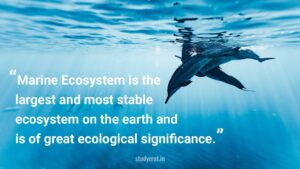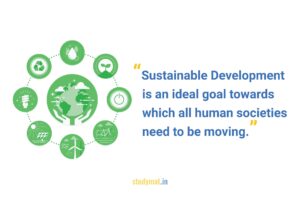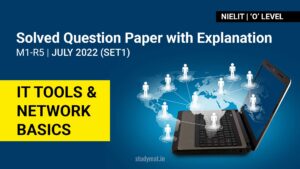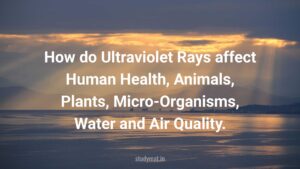“India’s Energy needs can only lie in adopting Non-Conventional Sources of Energy.” Explain in detail.
In this article, we will explain on the statement, “India’s Energy needs can only lie in adopting Non-Conventional Sources of Energy.” In today's world, finding ways to meet our energy needs sustainably is crucial for the well-being of our planet and future generations.






